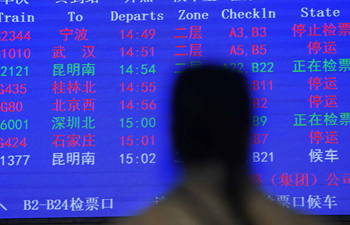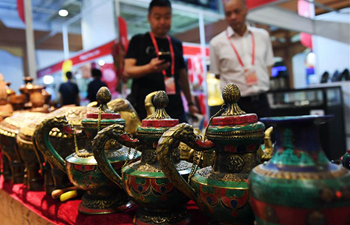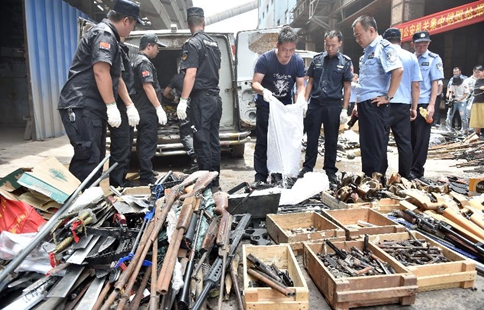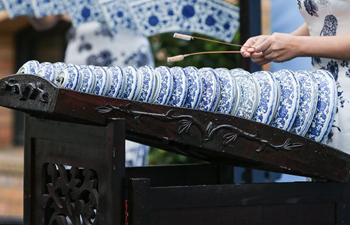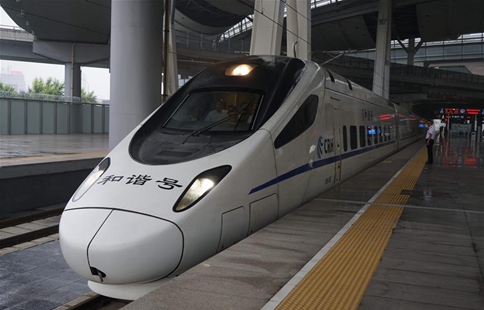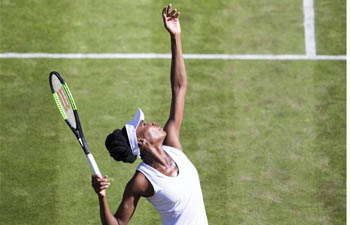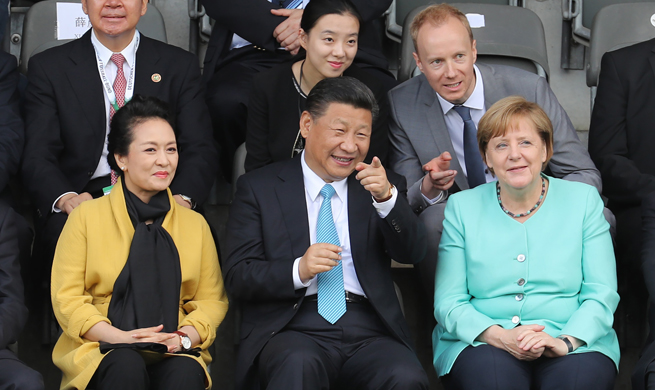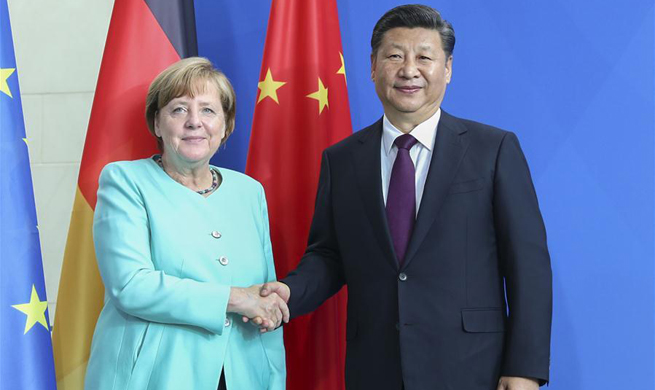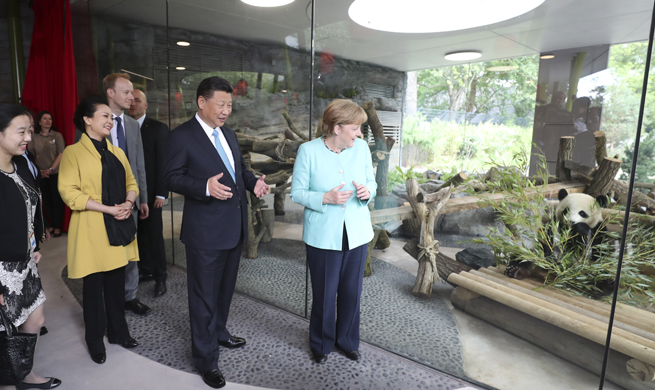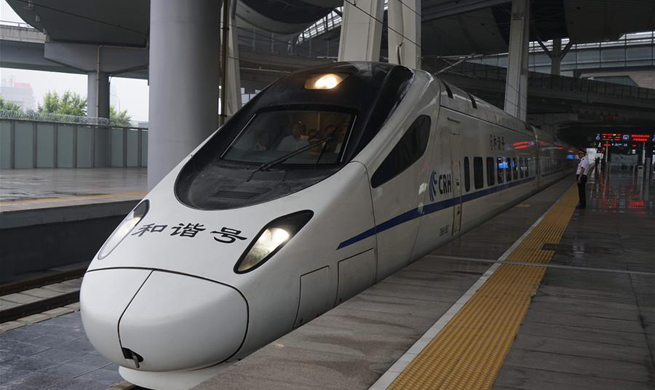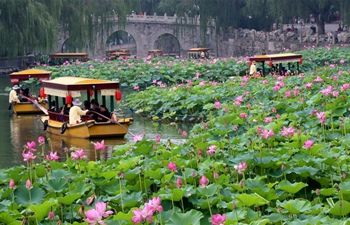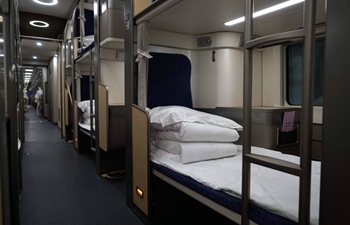BRUSSELS, July 6 (Xinhua) -- On the eve of the G20 summit to be held in Hamburg, the European Union (EU) and Japan have agreed in principle to an Economic Partnership Agreement and a Strategic Partnership Agreement at the political level, it was announced in a Thursday press conference in Brussels.
European Council President Donald Tusk, European Commission President Jean-Claude Juncker, and Japanese Prime Minister Shinzo Abe held a press conference to announce the progress, paving the way for strengthening economic and strategic ties between the partners.
The EPA was described as "highly ambitious and comprehensive" in an official joint statement. The agreement address market access for goods, services and investment, procurement including railways, as well as issues related to non-tariff measures and the protection of geographical indications, and intellectual property rights.
Abe noted the economic significance of the EU-Japan partnership during the press conference: "The EU and Japan account for 30 percent of the GDP, 10 percent of the population and 40 percent of trade of the world, so this is the birth of the world's largest free advanced industrialized economic zone."
Juncker echoed the Japanese prime minister, but noted that, "The depth of the agreement goes far beyond trade, its impacts go far beyond our shores. It makes a statement about the future of open and fair trade in today's world."
All three leaders stressed the importance of the agreement for setting the standard for a rules-based world trade order, which would function on open and fair trade.
"Closing ourselves off from the world is not good for business, no for the economy, not for workers," said Juncker. "As far as we are concerned, there is no protection in protectionism," he added.
European Council President Donald Tusk stressed that in a political context after Brexit, in which certain commentators claimed it was easier to do business outside of the EU than within, the progress on EU-Japan free trade deal was proving the bloc's ability to trade: "The EU is more and more engaged globally."
He added that trade negotiations are also scheduled to be held with Mercosur countries (Argentina, Brazil, Paraguay and Uruguay, and associated states), Mexico, New Zealand, Australia and others.
With the Hamburg G20 Summit to be held on Friday and Saturday, the timing of the EU-Japan agreement appeared to be intended to send a message to fellow world leaders. Worries of increased protectionism, particularly from the United States under Donald Trump, have been rising.
"Although some are saying that the time of isolationism and disintegration is coming again, we are demonstrating that this is not the case," said Tusk, adding, "That the world really doesn't need to go a hundred years back in time."
"Today marks the beginning of a new chapter in the Strategic Partnership between the EU and Japan as we celebrate the agreement in principle of the Economic Partnership Agreement(EPA) and the Strategic Partnership Agreement at political level," read a joint statement by the EU and Japanese leaders issued following the EU-Japan Summit.
"We tasked our respective negotiating teams with a rapid finalisation of the agreement that would allow for the internal procedures to start soon, both in the EU and in Japan," the statement said.
Japan is the EU's second biggest trading partner in Asia. Japan and the EU together account for more than a third of the world economy.
According to EU figures, the EU exports over 80 billion euro worth of goods and services to Japan every year and more than 600,000 jobs in the EU are tied to exports to Japan.
The two sides launched free trade talks in March 2013 and are expected to conclude the technical negotiations by the end of this year.




